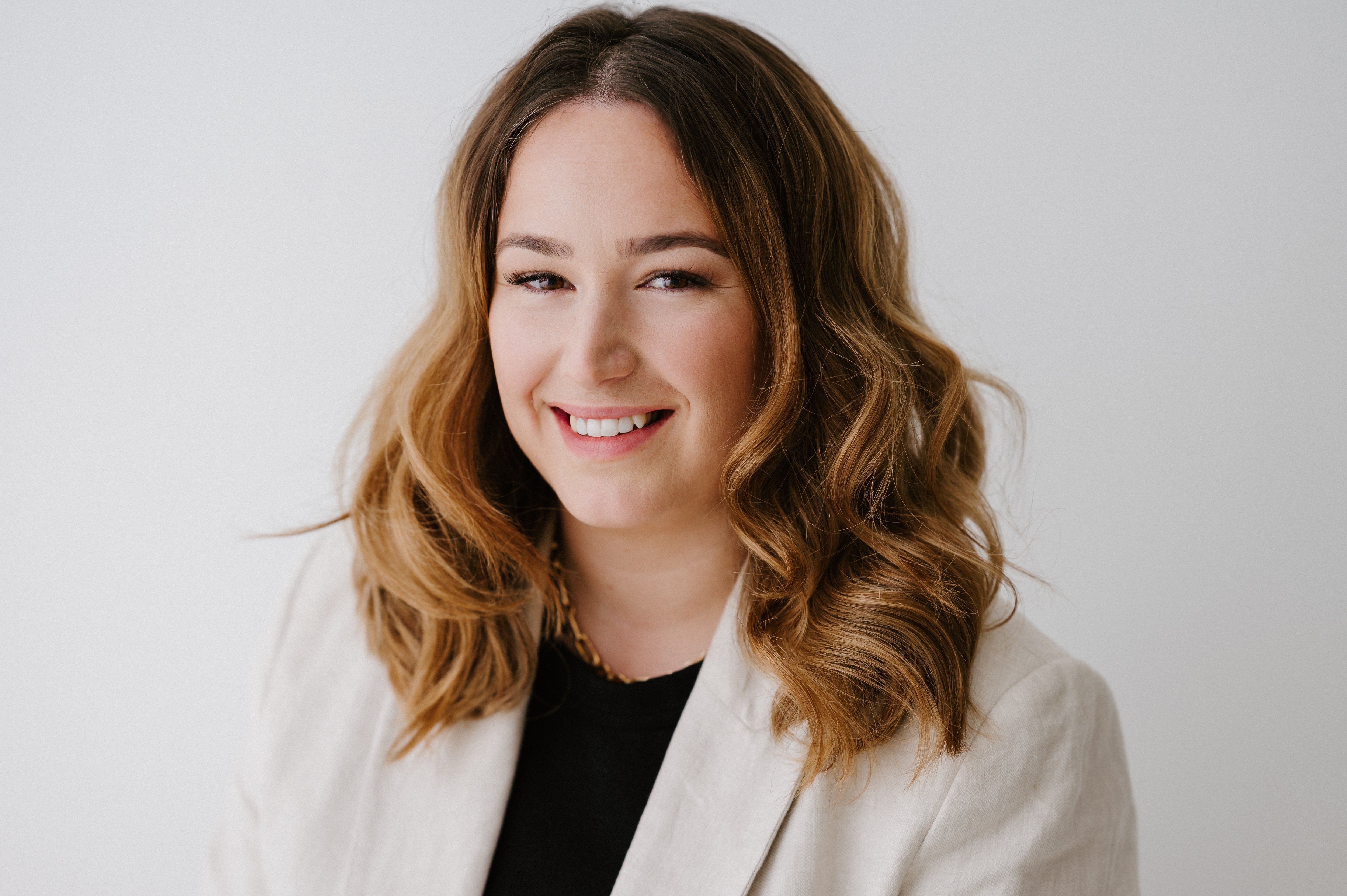
Have you become stuck in a financial rut without really realising? Perhaps money drains away each month due to ‘doom spending’ on items you can barely even remember buying.
Emma Edwards, founder of the Broke Generation, a website for “hot mess” Millennials, explores how life often scuppers our best financial intentions in her new book, Good With Money – as well as how we can ‘reprogramme’ our spending habits for the better.
“I wanted to write a book that spoke to teaching people not just what to do, but how to make themselves do it, how to understand themselves better, to the point that they can actually implement the things that they know,” says Edwards, who has over 120k followers on Instagram. “We know we need to spend less than we earn, and reserve a bit for the future and that kind of thing. We know what to do, but we just don’t do it.”
Acknowledging how our relationships with money are all complex and unique, she adds: “There’s a big emotional component that you can’t work out on a calculator.”
Recalling her own disengagement with finances as a younger woman, Edwards says: “I didn’t have an arm-full of designer bags, I didn’t have anything worth much at all. I just had nothing to show for my money and no control. Every payday, I was crawling to the end and everything was always like a bit borrowed from last month, it was always a bit chaotic. I think a lot of people can relate to that.”
Edwards eventually had a “gradual penny dropping moment” – when “everybody was talking about their savings and I was like, ‘When were we saving?’ I didn’t know we were doing this. I just thought we were all a hot mess.”
For some younger adults, milestones such as getting on the property ladder or achieving the level of pay desired, can feel painfully out of reach.
“We don’t really have ownership over the traditional life path anymore,” says Edwards. “We don’t do it the way that maybe we thought that we would do it.
“I think that, combined with the rapid availability of non-essential but mostly affordable material things, gives us a sense of ownership, a sense of control. A lot of spending behaviour is treated like it’s frivolous, it’s greedy. But it’s often just a craving for control.”

Short-term debt and ‘buy now, pay later’ options “are really all adding to that”, she adds.
The lack of feeling connected to the future can bring about “this sort of ‘doom spending’ almost, because it feels like there’s no point”.
But, Edwards cautions: “That good feeling that you are buying, while it is real, it’s temporary.”
In the book, Edwards explores ways people could go about “reclaiming” their financial decisions.
“It’s often about learning to spend money on your own terms. Rather than stopping doing the spending at all, you can still do that, but on things that actually matter to you and in a way that leaves a little bit there for the future as well,” she suggests.
She highlights that “the distance between seeing something and owning it is incredibly short now” – and when shopping online: “You’ve got all this infrastructure that means you can just tap, tap, tap and you’ve checked out without even seeing your bank card, let alone your cash.”
Edwards, who grew up in the UK but now lives in Australia, also explains a key spending rule.
“A lot of people use the ‘wait 24 hours before you buy something’ rule. I personally like to flip it and actually tell yourself that you CAN buy it tomorrow. Because what that does is trick your brain into thinking that you’re going to be able to buy it. But then when tomorrow rolls around, your emotions around that have self-neutralised.
“And the heightened state isn’t quite as urgent anymore, you’ve realised that life will probably go on – and maybe actually you’d rather save that money for that wedding you’re going to, or that thing you want to do with your friends and family.”
Focusing on long-term goals – and being open about them with others – can also help.
“The big taboo of money has been a problem for a long time,” says Edwards. “When you know more about yourself and your finances, and why you do the things you do, you’re in a better place to have conversations with friends and family.”
Keeping visual cues for savings goals, such as a photo of a destination if you’re trying to build a holiday fund, may help people stay focused.

Recognising when you are trying to avoid reality is also key. “Where you’re just going, ‘I’ll deal with it later, I’ll deal with it later’ – and then you’re left in January with this big gap between your last payday and a much bigger credit card bill than you’re used to,” says Edwards. “Any point when you are avoiding, or going against what you know to be the best thing for you, is important to look at – at this time of year especially.”
Starting small can also help with growing financial confidence.
“The first thing you’ll notice is that there’s less urgency and less of that heightened emotion there, because you’re doing something that’s actually achievable,” says Edwards. “You’re not setting yourself up for self-sabotage.
“But when you do that over and over again, you’re building up the habit and building up self-efficacy in terms of your commitment to your finances, so when you get to the end of the month and you’ve done something every single week, then you can start to increase that a little bit.”







